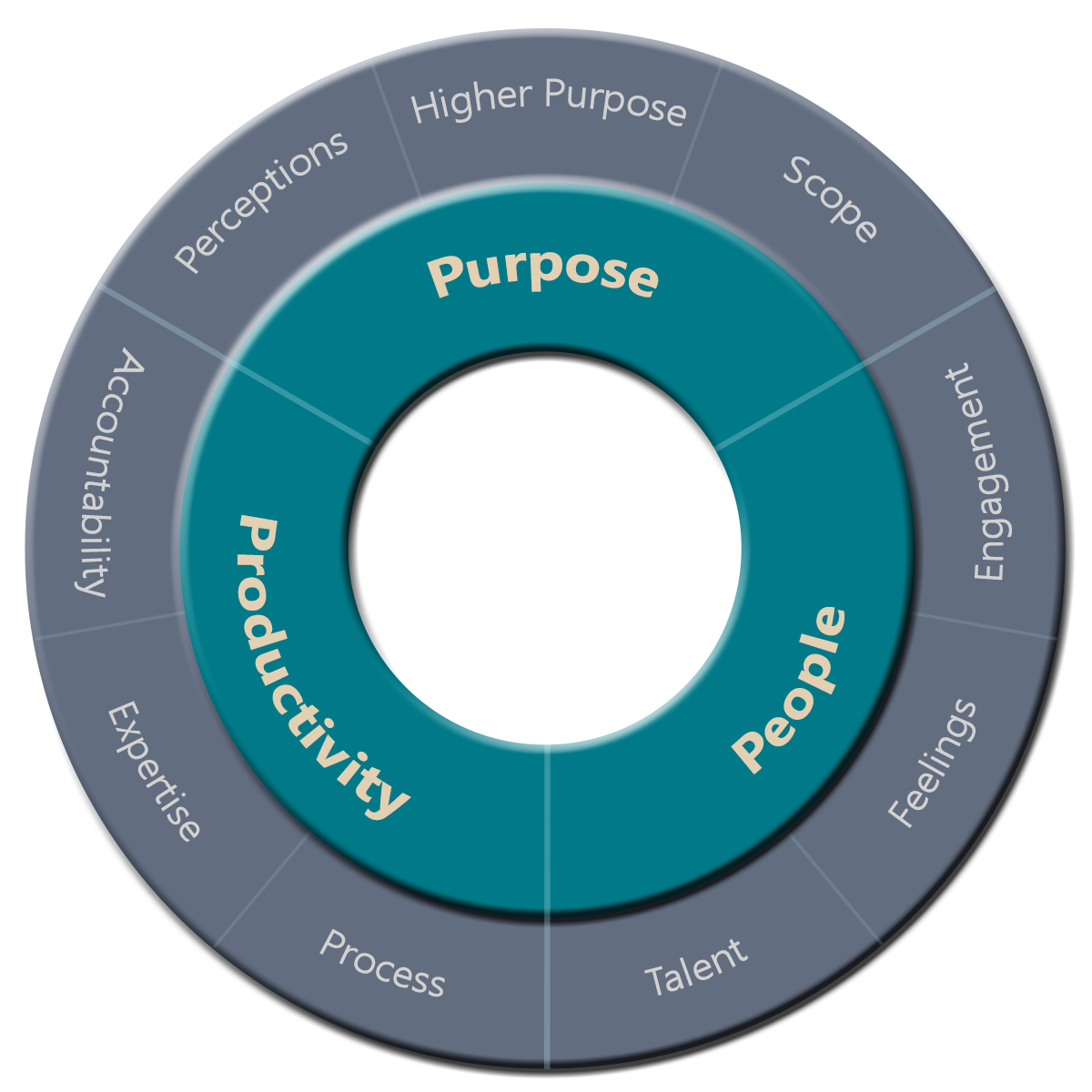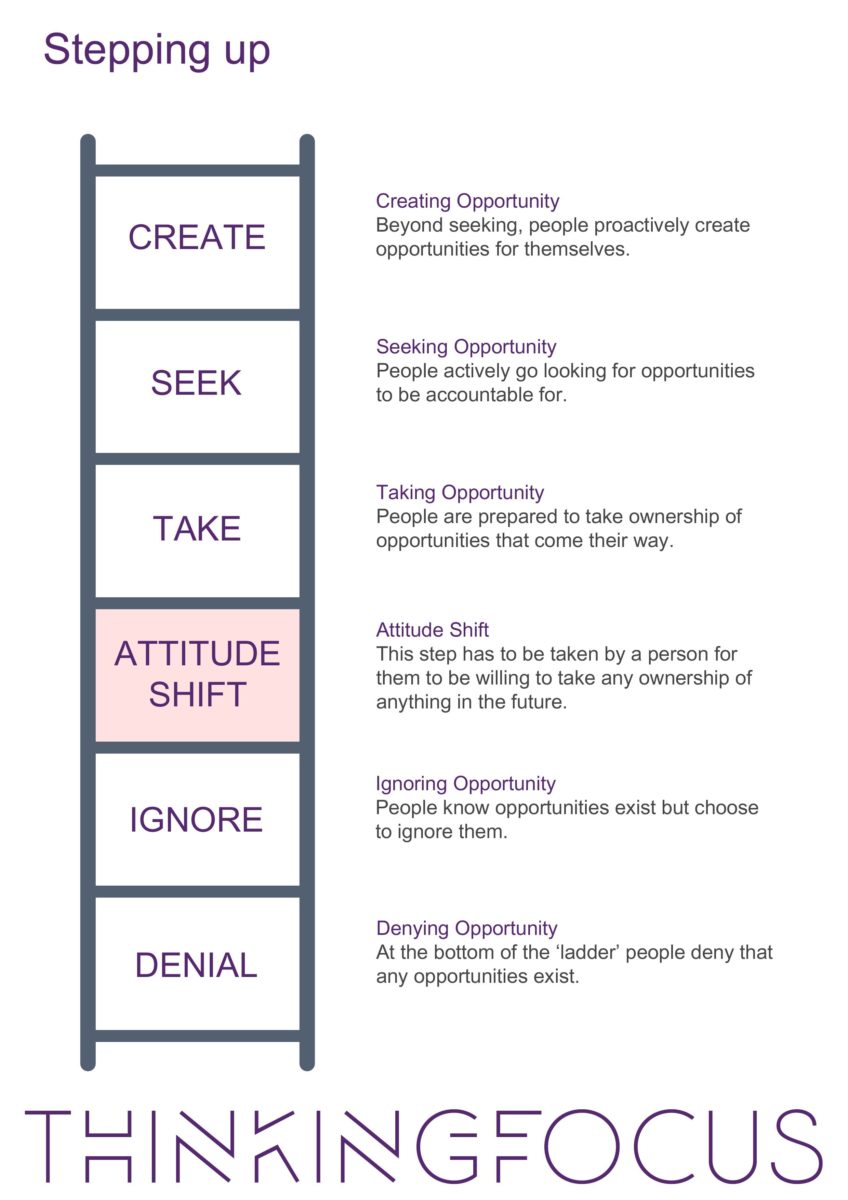This time on the podcast, we ask a very relevant question for the last quarter of 2021, as we work through this strange lull in the pandemic, trying to act like it is over yet without being really sure that it is.
This leads to a feeling that we should be getting back to normal, yet for many going back to what they were doing still feels a way off. As leaders, how do we engage people who have lost their sense of purpose, or are having to do something slightly different as their organisation adjusts and repositions?
However, this is not just an issue that is pandemic related. Any time an organisation experiences significant change, a high proportion of people will find their purpose, their reason for being there, impacted. It may be put on hold, or changed completely, and it is the leaders who need to engage them back into the business, helping them find new meaning and motivation so that they can continue to perform.






